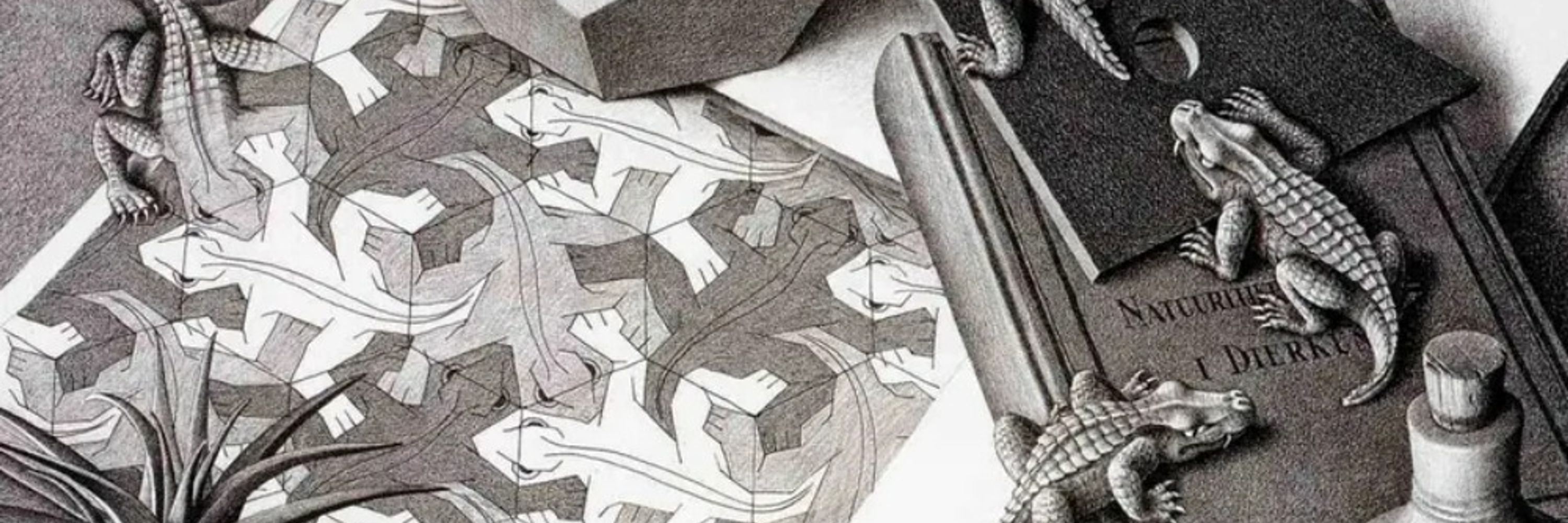Alejandro Fábregas-Tejeda
@alejandrofabregastejeda.com
17K followers
10K following
270 posts
Mexican Historian & Philosopher of Biology • Postdoctoral Fellow at @theramseylab.bsky.social (@clpskuleuven.bsky.social) • Book Reviews Editor for @jgps.bsky.social • #PhilSci #HistSci #philsky • Escribo y edito • https://www.alejandrofabregastejeda.com
Posts
Media
Videos
Starter Packs
Reposted by Alejandro Fábregas-Tejeda
Reposted by Alejandro Fábregas-Tejeda
Reposted by Alejandro Fábregas-Tejeda
Reposted by Alejandro Fábregas-Tejeda
Reposted by Alejandro Fábregas-Tejeda
Reposted by Alejandro Fábregas-Tejeda
Reposted by Alejandro Fábregas-Tejeda
Reposted by Alejandro Fábregas-Tejeda
Reposted by Alejandro Fábregas-Tejeda
Reposted by Alejandro Fábregas-Tejeda
Reposted by Alejandro Fábregas-Tejeda
Reposted by Alejandro Fábregas-Tejeda
The Guardian
@theguardian.com
· 21h

László Krasznahorkai wins the Nobel prize in literature 2025
The author was announced as winner at a ceremony in Stockholm
• Nobel prize in literature 2025 live: László Krasznahorkai wins ‘for his compelling and visionary oeuvre’
The Nobel prize in literature for 2025 has been awarded to Hungarian author László Krasznahorkai, the Swedish Academy has announced.
The Academy cited the 71-year-old’s “compelling and visionary oeuvre that, in the midst of apocalyptic terror, reaffirms the power of art”. Continue reading...
www.theguardian.com
Reposted by Alejandro Fábregas-Tejeda
Reposted by Alejandro Fábregas-Tejeda
Reposted by Alejandro Fábregas-Tejeda
Reposted by Alejandro Fábregas-Tejeda
Reposted by Alejandro Fábregas-Tejeda
Reposted by Alejandro Fábregas-Tejeda
Reposted by Alejandro Fábregas-Tejeda
Reposted by Alejandro Fábregas-Tejeda
Reposted by Alejandro Fábregas-Tejeda
Reposted by Alejandro Fábregas-Tejeda




















